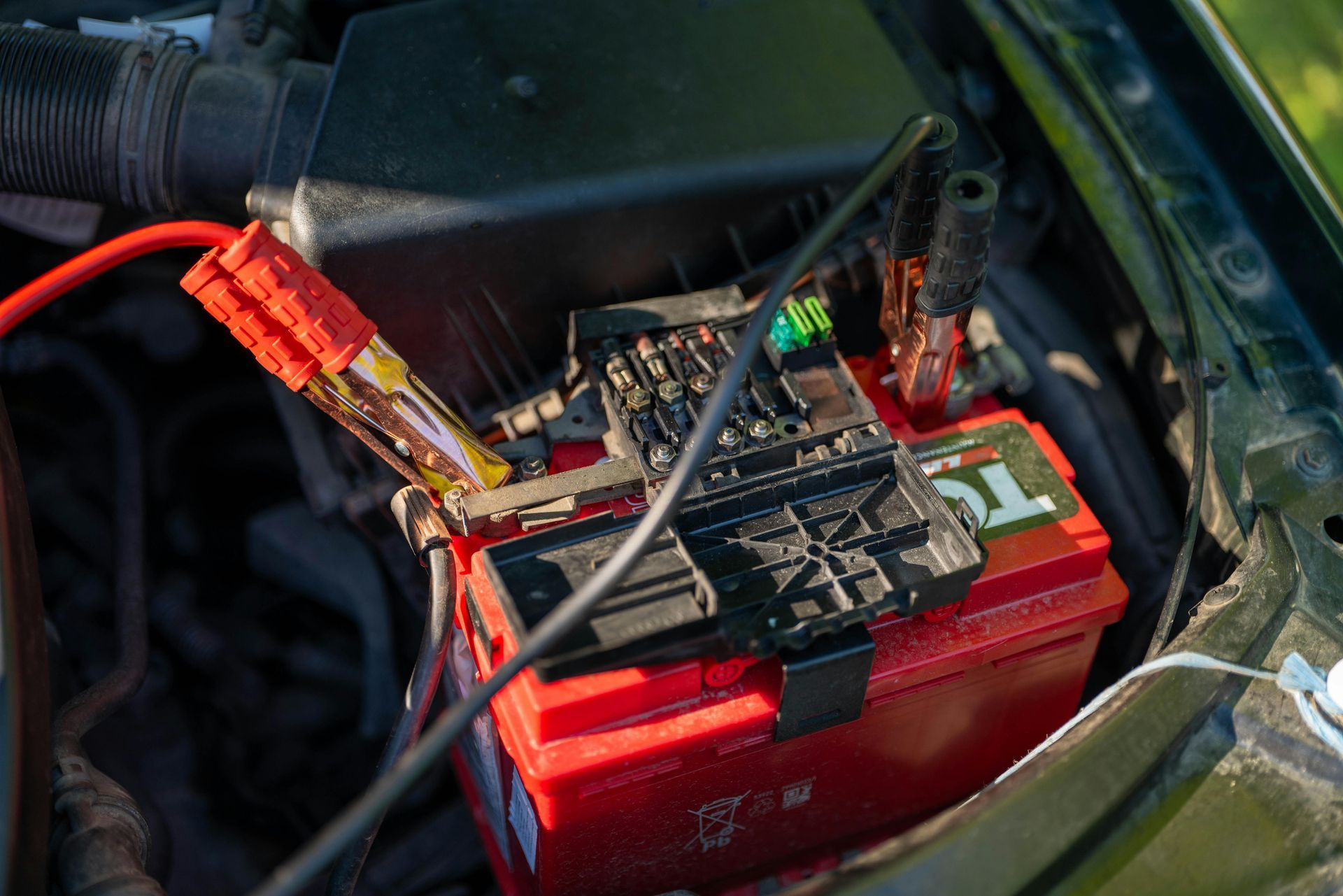Trailer Hitch Installation FAQ
Auto Shops Located in: Chapel Hill, Durham, Taleigh, Apex, and Cary North Carolina

As summer picks up again, we are seeing drivers come in with questions about trailer hitch installation. While we addressed some of these concerns in last year’s installation FAQ, our local mechanics have a new round of answers to your most popular questions.
What Is The Point Of Trailer Hitches On Small Cars?
When we think of trailer hitches, we often also think of trailers (it is in the name, after all). However, there are many different trailer hitch accessories—many of which can be especially helpful for smaller vehicles.
Compact cars need to be more creative about their exterior utility—and a trailer hitch provides an essential tool for this objective. Some of the advantages of trailer hitches on small cars include the following:
- Small cargo trailers
- Bike racks
- Overhead cargo stabilizing
- Camping and convenience accessories
…and so much more! You can read her complete guide to trailer hitches for compact vehicles here.
Are Trailer Hitches Becoming Less Common?
You might wonder, “Why didn’t my truck or SUV come with a trailer hitch?”
More and more frequently, we are having drivers come in because they find their brand-new car does not have a pre-installed trailer hitch. So, why don’t new cars, trucks, and SUVs come with trailer hitches? There are a few potential culprits:
- Supply Chain Disruptions: Unfortunately, this is not too surprising—given the rise of inflation, product shortages, and other supply chain disruptions that have not yet recovered from the pandemic.
- Cost Efficiency: It is often quick, convenient, and affordable for car manufacturers to sell vehicles without products that can be easily added on later. So, items like trailer hitches and car floor mats are less commonly included with new vehicles.
- Loss of Incentive: Additionally, trailer hitches are often not a selling point in vehicle sales. For trucks and SUVs, many buyers assume the car will have a hitch—not bothering to check before closing the deal. In other cases, drivers focus on more prominent features—like radio tech, active safety, heated seats, and newer conveniences—often not noticing the missing hitch. Because they are not deal breakers (and drivers might not see they’re missing), manufacturers do not have any incentive to include them.
- Compact and Smaller Cars: As mentioned above, trailer hitches can be incredibly useful on smaller vehicles. However, since smaller cars are not explicitly expected to tow, they more often do not come with trailer hitches installed.
How Long Does Trailer Hitch Installation Take?
With professional tools and expertise, trailer hitch installation is a quick and easy service. However, the exact time estimate will depend on a few factors, including:
- The type of vehicle you have
- Whether or not you have an old hitch that requires removal before installation
- How rusted your mounting frame might be
- The type of hitch compatible with your vehicle
- And whether or not your hitch requires wiring—such as those in trucks and heavy-duty SUVs. This wiring is essential—allowing the brake lights of large cargo trailers to function.
Additionally, your total appointment time will depend on any other services you book. You can ask your mechanic for a time estimate if you schedule by phone. Drivers in a time crunch might consider booking a pick-up and delivery service or a shuttle appointment. These offerings will allow you to go on with your day at work or home while your vehicle is serviced.
Where Can You Get A Trailer Hitch Installed?
A local mechanic with trailer hitch expertise and equipment can seamlessly install a trailer hitch for you. You might wonder, “Should I get my trailer hitch installed at the car dealership?” However, many drivers find this to be a dead end for a few reasons:
- First, your manufacturer may not produce factory trailer hitches—making it unlikely that the dealership service department will have any in stock. Meanwhile, a local mechanic can complete same-day hitch installation.
- Unlike mechanics, dealership service appointments are often associated with long wait times and delayed appointment scheduling.
- You can access an added convenience at mechanics—such as with pick-up and delivery service.
- Finally, dealership service departments are known for this high pricing and a lack of transparency.
Trailer Hitch Installation Near Me
When you’re ready to kick off your summer adventures, visit your local Chapel Hill Tire for trailer hitch installation services. We can replace your rusted trailer hitch or install a new one—even if your vehicle has never had one before.
Our local mechanics also offer all the services you need to ensure your car is protected on your summer adventures. From trip checks to catalytic converter shields and routine maintenance—we have you covered! So, we invite you to make an appointment here online or give us a call to get started today!















